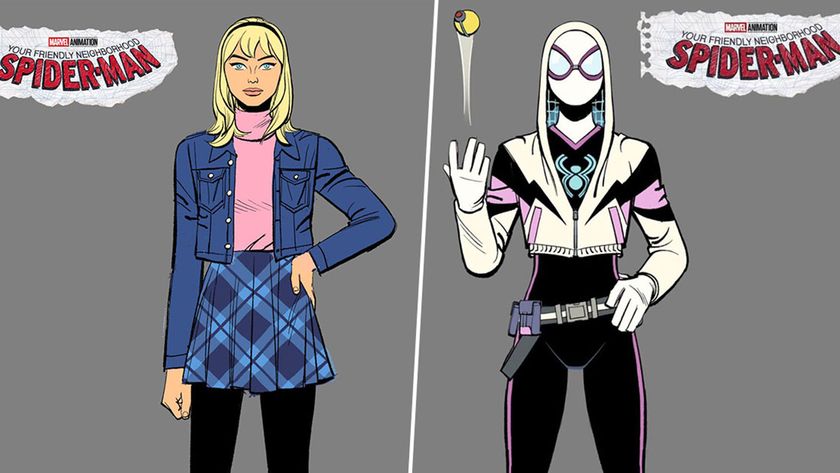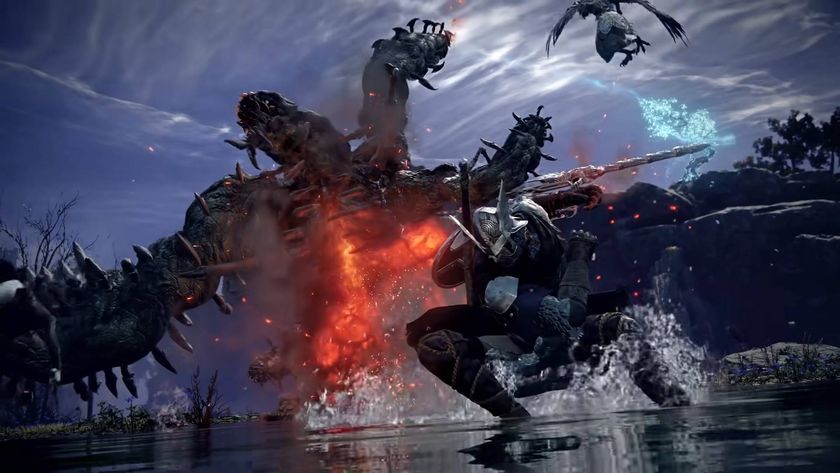Why you can trust 12DOVE
At the age of 78, Woody Allen’s 43rd movie, Blue Jasmine , opened in the US to a $100,000 screen average – the biggest numbers of his career. Two years earlier, Midnight In Paris took $151m worldwide from a $17m budget – Allen’s highest gross in 47 years of making movies.
All of which adds up to an unlikely comeback; Woody hasn’t been this in demand since Annie Hall won Best Picture, Director and Actress Oscars in 1978.
Discovering her rich, smooth-tongued husband (Alec Baldwin) is a serial adulterer and financial fraudster, Jasmine (Cate Blanchett) uproots from New York and moves to San Francisco to live with her grocery-packing sister, Ginger (Sally Hawkins).
Wafting a stench of entitlement, Jasmine drinks too much, pops Xanax like M&M’s, lies habitually and undermines Ginger’s relationship with big-hearted Chili (Bobby Cannavale). Begrudgingly she takes a job at a dentist’s to pay for a course but soon spies a chance to regain social(ite) status when Dwight (Peter Saarsgard), a widower in politics, remarks on her “great style”.
Though undoubtedly a Woody Allen movie, from the white-on-black, Windsorfont, alphabeticised credits to the jazz soundtrack to the relationship woes, Blue Jasmine is also a departure.
For starters, it’s Allen’s most dramatic outing since 1992’s Husbands And Wives (though nowhere near as raw as that movie), with the humour pulsing softly and steadily beneath the more urgent throb of loneliness, co-dependency and financial crisis.
The actors only occasional adopt the signature rhythms of Woody’s dialogue, and Allen is less coarse than usual in his lampooning of the ‘snobby’ rich and the ‘slobby’ poor.
And while Allen again consciously echoes another golden oldie – this time it’s A Streetcar Named Desire – he does so without fanfare.
Blue Jasmine is a handsomely shot (sometimes luminous, sometimes airily naturalistic), structurally deft (flip-flopping between the SF present and the NY past) and terrifically performed (expect Oscar noms) dramedy.
Blanchett, especially, is at the top of her game, grafting ever more layers on to a potentially one-dimensional character. It’s not as simple as making a pernickety, self-centred character warm and likeable; Blanchett instead makes Jasmine understandable and sufferable. It’s a far greater trick and one that few actors or writers would dare to attempt.
Verdict:
The one-liners are in evidence but this is more abrasive than you might expect. Blends rigour and vigour to join Vicky Cristina Barcelona and Midnight In Paris as the best of late-period Woody.



Jamie Graham is the Editor-at-Large of Total Film magazine. You'll likely find them around these parts reviewing the biggest films on the planet and speaking to some of the biggest stars in the business – that's just what Jamie does. Jamie has also written for outlets like SFX and the Sunday Times Culture, and appeared on podcasts exploring the wondrous worlds of occult and horror.

First look at Your Friendly Neighborhood Spider-Man season 2 reveals a glimpse at both Gwen Stacy and Spider-Gwen as fan-favorite character is confirmed to be joining the cast

RPGs collide as Kingdom Come: Deliverance 2 player commissions Baldur's Gate 3 mod to play as Henry: "He’s just a Christian boy from medieval Bohemia and now there’s demons and fireballs"

After 14 years, Elden Ring Nightreign brings back an iconic Dark Souls boss and gives him some frankly hilarious new tricks
Most Popular




